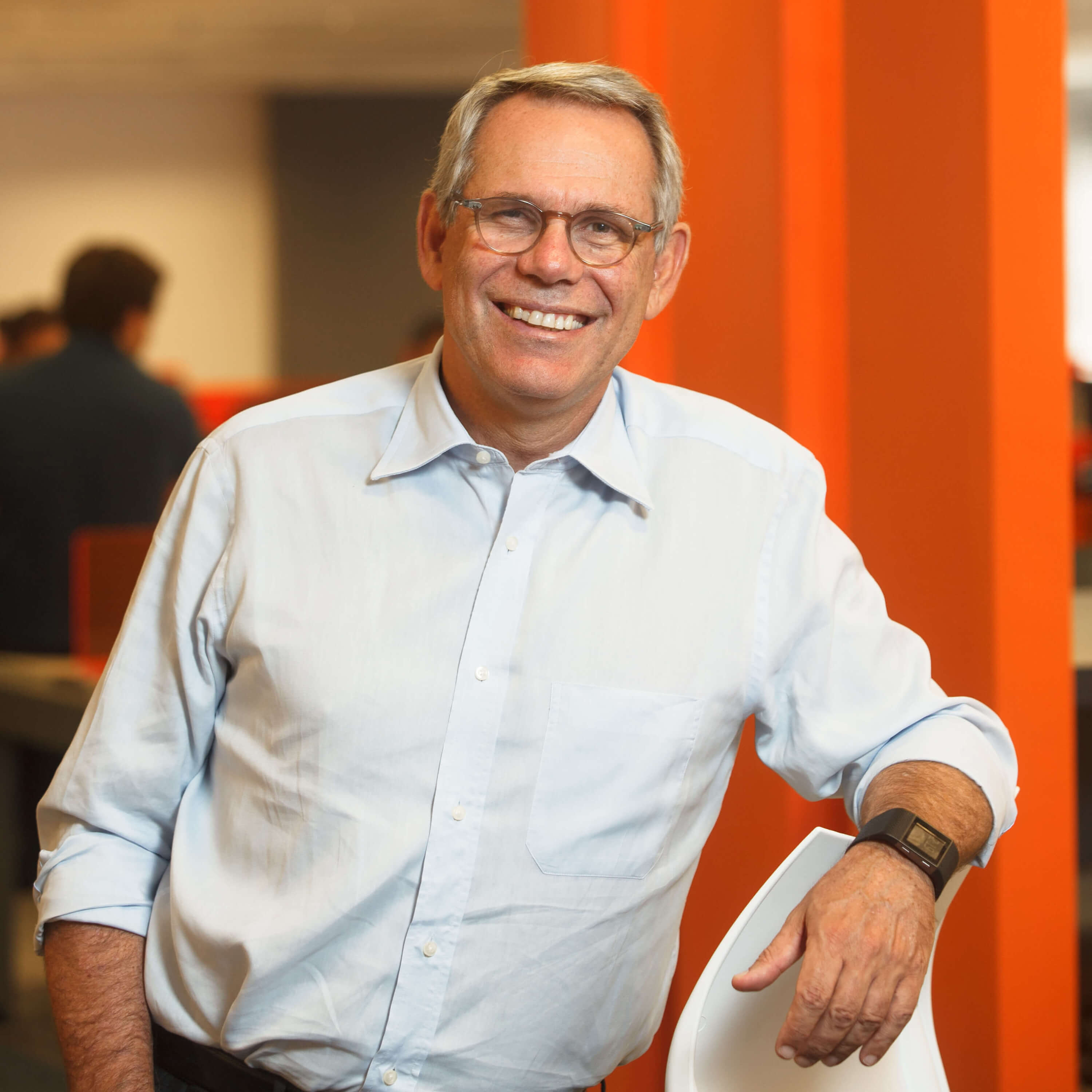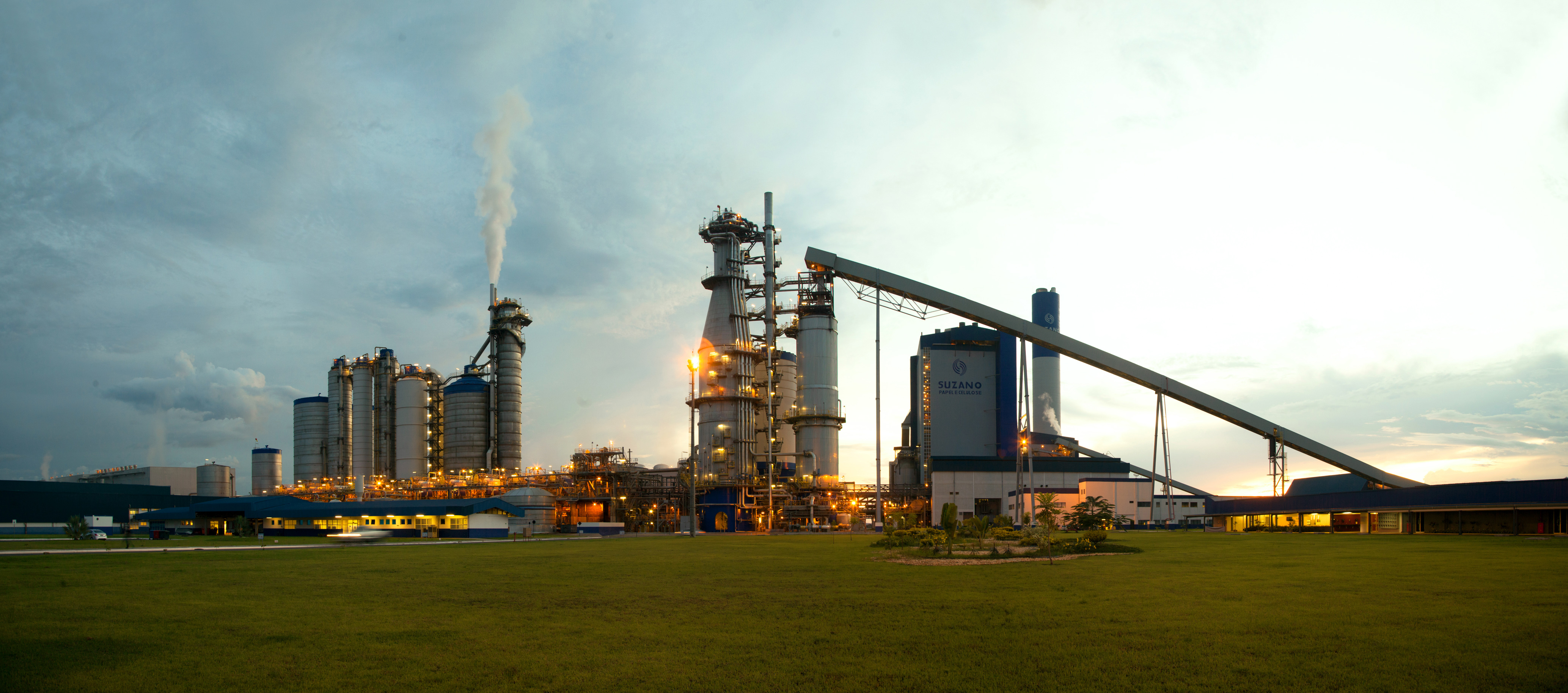 |
||||||||
| September 8, 2016 | ||||||||
| Shoe Press Report |  |
|||||||
|
· Subscribe to Ahead of the Curve · Newsletters · Ahead of the Curve archived issues · Contact the Editor
|
‘We believe in potential and performance’ An interview with Suzano’s Walter Schalka, Note: This advance excerpt from the upcoming September/October issue of Paper360° is provided exclusively to Ahead of the Curve readers. Paper360° is the official member magazine of TAPPI. By Marina Faleiros, senior news editor, RISI Return to investors, diversification, and empowerment. These are the three main weapons used by Brazilian pulp and paper producer Suzano’s CEO, Walter Schalka, to boost the company’s results since he joined Suzano in late 2012. Since then, Suzano has doubled its revenues to US$3.1 billion and quadrupled EBITDA to US$1.3 billion. Named RISI’s Latin American CEO of the Year 2016 for the second consecutive year, Schalka shares his views about growth and the future for market pulp producers. Faleiros: Since you took over Suzano’s leadership, your message has focused on the return to investors. How are you working to improve that?
Schalka: In my perception there is no silver bullet; I can’t say there is a sole fact that transformed Suzano in a revolutionary way. One fundamental pillar of our strategy is structural competitiveness, so we are working throughout all areas to assure that. This work is taking place in the most visible departments, such as forestry and industrial, but also inside the back office. We have been reducing the distance between forests and mills, insourcing and mechanizing harvesting activities, and improving genetics research. We have been working in internal areas as well, such as the supply chain, IT, and financial department. We are looking for the state-of-the-art everywhere—making comparisons between our own mills and others, seeking the benchmarking of the pulp and paper industry, and also comparing ourselves with other sectors. At the end of the day, we want to reach a cash cost of US$150/tonnes for bleached eucalyptus pulp by 2018 and US$125 by 2021, considering an exchange rate of Brazilian Real 3.8/US dollar. We are looking for recurring results, and adding new businesses is part of that goal.
Not long ago, it was common to hear market talks stating that Suzano could sell its paper business. This didn’t happen and we are investing in this area with a powerful distribution and logistics chain. Our objective is to have a closer relationship with our end users and enable them to reduce their own inventories. In recent months we moved from 7,000 to 30,000 clients directly served by Suzano, and these figures are increasing every month. We are posting sales records, increasing market share over imports and reaching adequate paper prices in Brazil that are now comparable to international negotiations. As we are also dropping our production costs, margins have improved and return over capital is much better than in the past. Besides its pulp and paper business, Suzano has many other new projects to diversify its portfolio. How do they contribute to the company’s strategy? Suzano has a very large scope of projects underway and more will come in the future. We want to extract further value from the assets the company already has, creating models that generate results and are simultaneously scalable. Four of our new businesses are in this category. The first is Futuragene (a biotechnology research company focused on forestry improvement), which is a costly operation. We don’t expect results in the short run, but we believe it will be revolutionary for Suzano in the future, allowing us to reach a pulp cash cost less than $100/tonne. The second business is eucalyptus fluff pulp. Suzano developed a technology that is being widely accepted by the market. We have been testing the Eucafluff with several clients; sales volumes are growing and will continue to grow, as the product has not only shown a lower cost compared to regular softwood fiber, but also posts better technical characteristics.
The third business is lignin, as we will kick off a 20,000-tonne/yr extraction plant in July 2017 at our Limeira mill. With it, instead of using the black liquor to produce and trade energy for $300/tonne, we will sell chemical products that can sell for up to $1,100/tonne. Now that energy prices are lower, the opportunities related to this project seem even higher. At the moment, we are working with the most basic products arising from lignin—the lignosulfonates—but we are ready to seek other applications with higher added value. In this new scenario of investments, what is Suzano’s outlook for its market pulp business? Pulp is representative (of Suzano) and will continue to be. Investments in other businesses are made to increase the recurrence of positive financial results, as we don’t want to have pulp as the sole value lever for the company. We are extracting new opportunities from what we already have. Lignin is in the black liquor; the fluff pulp uses equipment and inputs we have. We are debottlenecking mills all the time and taking advantage of our main asset, which is our forestry competitiveness. Before you were the CEO, Suzano had plans to invest in further pulp capacity and pellet production for energy. Why did this change under your leadership, with other new businesses added? The fluff and lignin projects reached commercial and technical maturity to scale up while I have been CEO, but I didn’t start them. The investment on pellets was put aside initially as the company was financially stressed and we couldn’t increase risk at that time. We still have forestry assets in Piauí and Maranhão states that could serve new pulp investments, though we have not defined how we will use them. Given that, I don’t see the company lurching with me; I am just moving on with ideas and concepts that the company had started to discuss in the past. I believe my hand has been more present in the cultural transformation of Suzano. We decided to make two important changes in our management: the empowerment of people and meritocracy. We believe a lot in potential and performance, making people feel proud and engaged, sharing decisions and command. Suzano moved from a model where owners and shareholders had a strong presence to one where a small group of directors, executives, and the CEO have a more active voice. I believe that we must give authority to those who deal with a specific process on a daily basis, from the forestry to industrial areas, including the commercial department, as no one knows our clients better than the people who are selling and dealing with them every day. We hear a lot of bad economic news from Brazil, President Rousseff has been impeached, and the population is dealing with the Zika epidemic. Even though Suzano’s results have been positive, how does this turbulent scenario affect the company? Suzano has maintained its estimated capex and investments. The economic situation didn’t affect any project that was previously approved by the board. But we are indeed more rigorous in terms of controlling our expenses, as we have to be prepared for the worst scenario. I am not only talking about Brazil, but paying attention to what is happening in the global pulp market. As for paper, we are affected by the local crisis, but the company has been able to increase exports. My personal concern is how we can contribute to transforming the society, improving the relationship with communities, NGOs and government. At Suzano, we are working hard and empowering people, so positive results are coming. It is very good to work at Suzano, but we recognize that there is a lot to be done. We have problems, but also the strength to solve them.
SUZANO AT A GLANCE: With headquarters in São Paulo, Brazil, Suzano Pulp and Paper produces eucalyptus pulp, printing and writing paper (coated and uncoated), and paperboard. The company operates five industrial facilities and employs more than 8,000 people, with offices in the US, Switzerland, England, Argentina, and China. Suzano Pulp and Paper is part of the Suzano Group, a private company with a 92-year history in Brazil.
For a modest investment of $174, receive more than US$ 1000 in benefits in return. |
|||||||
 |
||||||||


 Suzano’s Imperatriz pulp mill.
Suzano’s Imperatriz pulp mill.